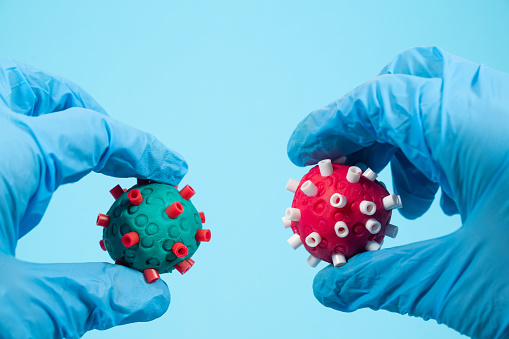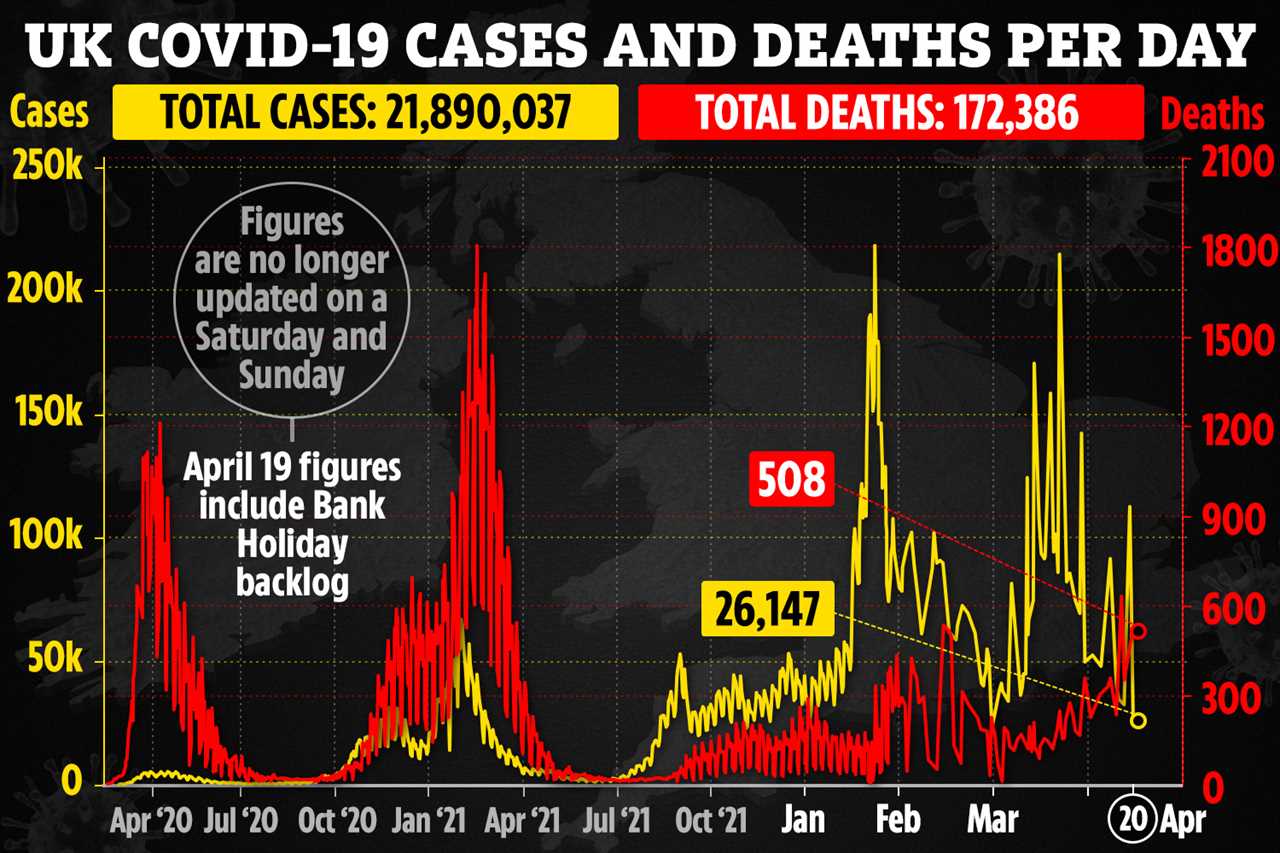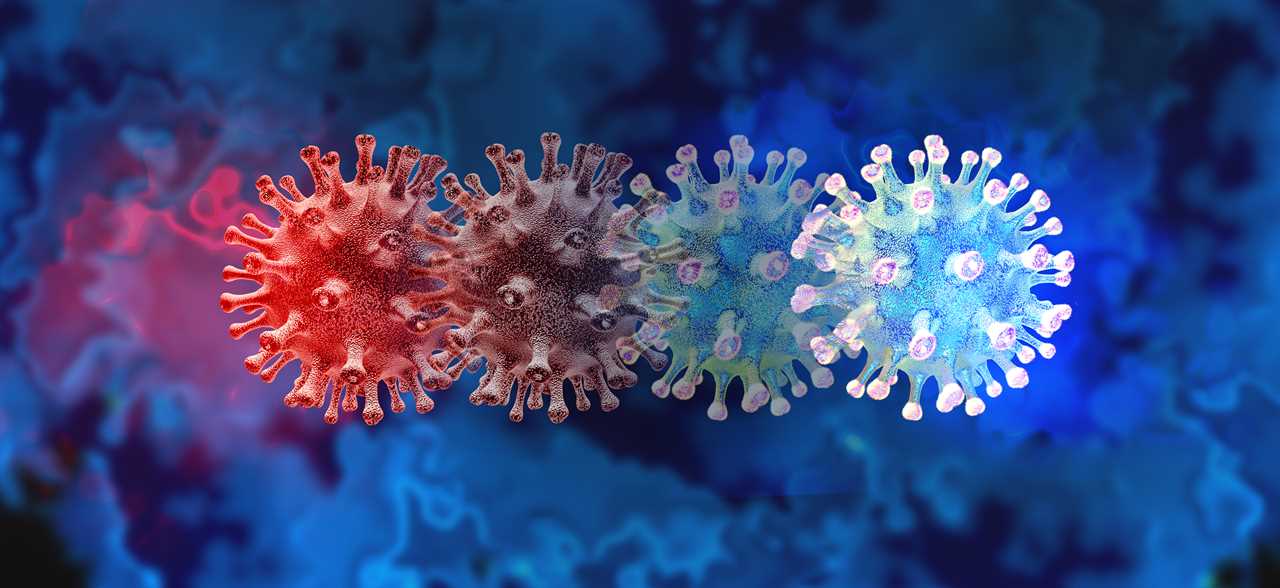A WOMAN has caught Covid twice in three weeks – in the fastest known case of reinfection.
The unlucky patient had just got over battling Delta, before she was hit with Omicron.

The 31-year-old from Spain first tested positive on December 20, last year.
She was testing with a PCR during a staff screening at work.
The young woman was fully vaccinated and had got her booster shot 12 days before.
She didn’t have any symptoms but isolated for a full ten days before heading back to work.
Read more on Covid
Then on January 10, just 20 days after first testing positive, she felt unwell with a cough and fever.
She took another test, which also came back positive.
The Omicron variant, which is much more infectious than Delta, had managed to get around her prior immunity from vaccines and infection.
Omicron tends to produce a milder illness however, despite being more infectious – with most people recovering after a few days at home.
Dr. Gemma Recio, of Institut Català de Salut, Tarragona, Spain, one of the study’s authors, says: “This case highlights the potential of the Omicron variant to evade the previous immunity acquired either from a natural infection with other variants or from vaccines.
“In other words, people who have had Covid-19 cannot assume they are protected against reinfection, even if they have been fully vaccinated.
“Nevertheless, both previous infection with other variants and vaccination do seem to partially protect against severe disease and hospitalisation in those with Omicron.
“This case also underscores the need to carry out genomic surveillance of viruses in infections in those who are fully vaccinated and in reinfections.
“Such monitoring will help detect variants with the ability to partially evade the immune response.”

Prof Lawrence Young, Virologist and Professor of Molecular Oncology, University of Warwick, said: “While it’s difficult to extrapolate from a single case, this report highlights the ability of the Omicron variant (and its sub-variants) to re-infect even in those individuals who are fully vaccinated.
“This is a product of the increased infectiousness of the Omicron variant and its associated ability to evade the protective immunity induced by previous infection and/or vaccination.
“This accounts for the extremely high levels of infection we have experienced in the UK. This case also emphasises the need to maintain surveillance systems to detect new variants.”
Earlier this year a study found around two thirds of people infected with Omicron had already caught earlier Covid variants.
Imperial College London’s React study found 72 per cent of Brits struck with the mutant variant in the past few months had been reinfected.
Professor Christl Donnelly, who runs the study, said: “There appear to be people who are at higher risk, because they’ve been infected again.”
Prof Paul Elliott said: “Clearly the type of people who got infected previously are the type of people who are getting infected currently.”
Scientists also found the Omicron variant is at least 2.4 times more likely to infect people who already had Covid.
Dr Amesh Adalja, senior scholar at Johns Hopkins Centre for Health Security in the US, said: “It’s unclear, at this point, what level of immunity occurs after an Omicron infection. I suspect over time, yes, you probably can get re-infected.”
Read More on Trending In The News
It is possible, but pretty rare, to be infected with the same variant twice.
But it is much more likely to catch a new variant that pops up, even if you’ve just battled with a different form of the bug.









